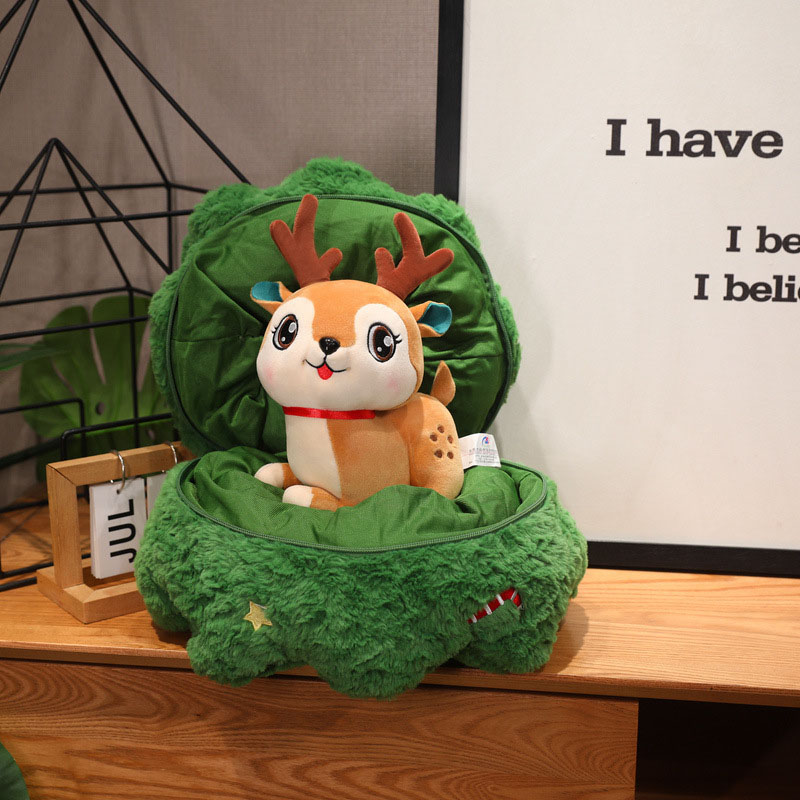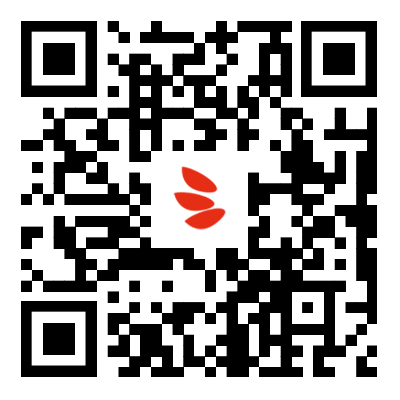Styles and Types of Cartoon Plush Toys
2025-06-13
Cartoon plush toys come in a wide variety of styles and types, often shaped by factors such as character design, target age group, function, and collector value. Here's a breakdown of the most common ones:
Styles of Cartoon Plush Toys
Chibi Style (Super Deformed)
Exaggerated proportions: big heads, small bodies.
Popular in anime-themed plush (e.g., Naruto, Pokémon).
Realistic Style
Closely resembles the character's actual design in the show.
Often used for licensed Disney or Pixar characters.
Minimalist Style
Simplified features and shapes.
Cute and suitable for all ages (e.g., San-X’s Rilakkuma).

Kawaii Style
Originates from Japanese "cute" culture.
Soft colors, gentle expressions, and often tiny accessories.
Pillow/Flat Style
Plush is shaped like a cushion or flat character.
Doubles as both toy and pillow (e.g., Squishmallows).
Types of Cartoon Plush Toys
Standard Plush
Classic soft toy with stuffing.
Sizes range from keychain-sized to life-size.
Talking or Sound Plush
Includes a voice box or sound chip.
Activated by pressing a button or squeezing.
Reversible Plush
Can be turned inside-out to reveal another character or emotion (e.g., mood octopus plush).
Wearable Plush
Integrated into clothing or accessories like hats, scarves, or backpacks.
Interactive/Animated Plush
Includes motors for movement (e.g., dancing or walking).
Used for storytelling or interactive play.
Collectible Plush
Limited editions or themed series.
Often kept as display items.


